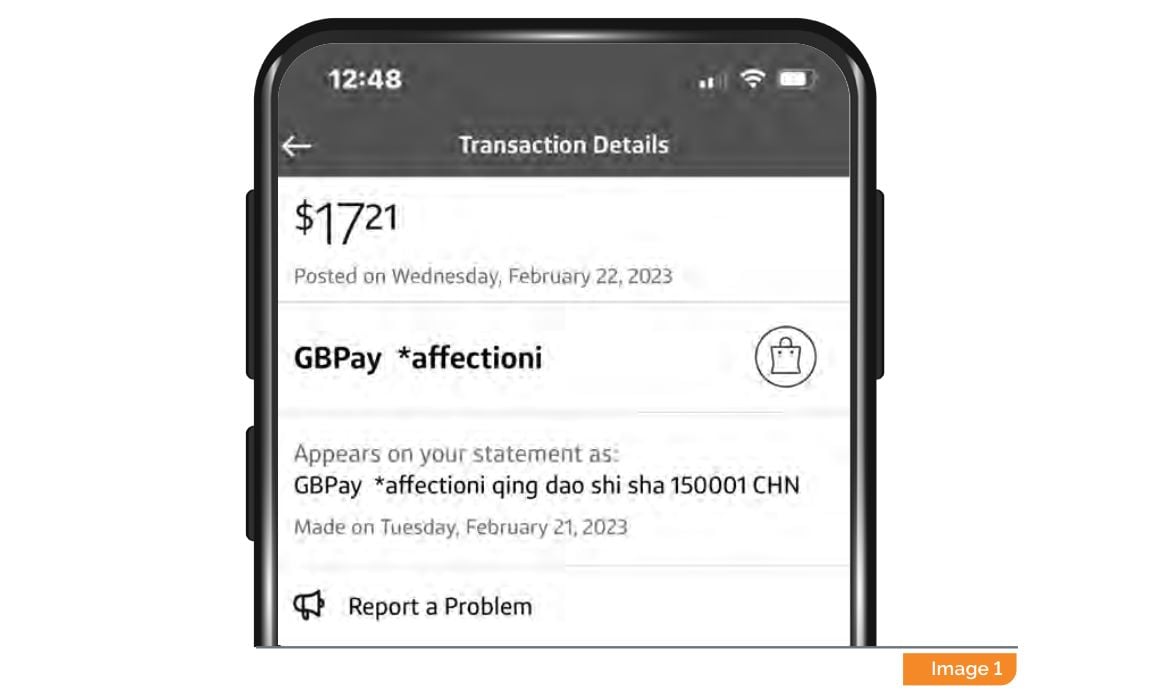 In recent years, many people have canceled their expensive cable subscriptions, opting to use cheaper Internet TV instead.
In recent years, many people have canceled their expensive cable subscriptions, opting to use cheaper Internet TV instead.
While there are plenty of legal streaming options available, there’s also a broad offer of IPTV services that are specifically set up to deliver content without permission from rightsholders.
These pirate IPTV services are often accessed through relatively cheap subscriptions. However, that doesn’t mean that there’s no money to be made. According to a recent report, income surpassed €1 billion in Europe alone.
Giving Pirate IPTV Operators Credit
This industry isn’t just run by digital vigilantes in dark attics. The money that’s at stake attracts and breeds criminal elements of all sorts. According to a new report from the Digital Citizens Alliance (DCA), some operators are even ‘stealing’ from their customers.
The report, titled “Giving Piracy Operators Credit”, details how taking out pirate IPTV subscriptions led to surprise charges from all over the world.
The starting point of the research was a clean credit card. DCA investigators used this to sign up for 20 IPTV services to see what would happen. The names and URLs of all the platforms were shared in the report.

A few weeks after making these payments, unknown charges from China, Singapore, Hong Kong, and Lithuania started to show up. While it’s not clear which service(s) abused the credit card details, it suggests that not all were safe.
“Within weeks of signing up for piracy subscription services, Digital Citizens investigators’ credit card was targeted for $1,495 in illicit purchases – purportedly for grocery delivery, women’s apparel, computer software, a cash advance, and a large mystery charge of $850 that, fortunately, wasn’t processed.”
Mysterious Charges
Below is an example of a $17.21 charge from “Affectioni”, which DCA links to a woman’s apparel store in Qingdao City, China. Other fraudulent payments ranged from a few dollars to over $200. The $850 charge was blocked by the Capital One bank, which requested additional approval.

These findings suggest that it’s not a great idea to hand over one’s credit card to a shady IPTV service. That’s not rocket science, but it’s worth reiterating. However, it doesn’t mean that all IPTV providers are piggybacking on subscribers’ credit cards.
Generally speaking, it isn’t a great business model to steal from customers, if you’re looking to keep subscribers for the long run. However, some services apparently prefer instant gratification over a long-term relationship.
Call for Action
DCA understandably cautions people to stay away from these services. That may be a good idea for all services that operate illegally. In addition, the group urges consumer groups, online intermediaries, and the U.S. Government to step up.
Payment providers, for example, shouldn’t do business with pirate IPTV services and consumer groups must warn the public about the dangers involved. These warnings can also be issued by the Federal Trade Commission, to carry extra weight.
Last but not least, DCA urges U.S. law enforcement to use the Protecting Lawful Streaming Act (PLSA), which passed at the end of 2020, to bring more cases against criminal IPTV streaming services.
“Given that the piracy ecosystem is now a $2 billion industry, the Department of Justice should use that authority to target piracy operators. Doing so would be consistent with the DOJ’s prioritization of cracking down on ransomware schemes,” the report reads.
Survey Confirms Credit Card Trouble
In addition to the IPTV mystery shopping results, DCA also commissioned a survey among 2,330 Americans which found that roughly one in three admits to consuming pirated content at least once over the past year. Of these self-proclaimed pirates, 10% paid for a subscription.
The survey results suggest that those who visited pirate sites are at least four times more likely to experience identity theft or issues with malware. While there might be other factors at play that can partly explain this difference – such as the frequency of Internet use – the report suggests a connection to piracy.
Adding to the credit card fraud angle, the survey also found that 72 percent of those who used a credit card to pay for an IPTV subscription experienced a credit card breach. Of those who never visit pirate sites, 18 percent reported similar issues.
—
A copy of the DCA report titled Giving Piracy Operators Credit is available here (pdf)





